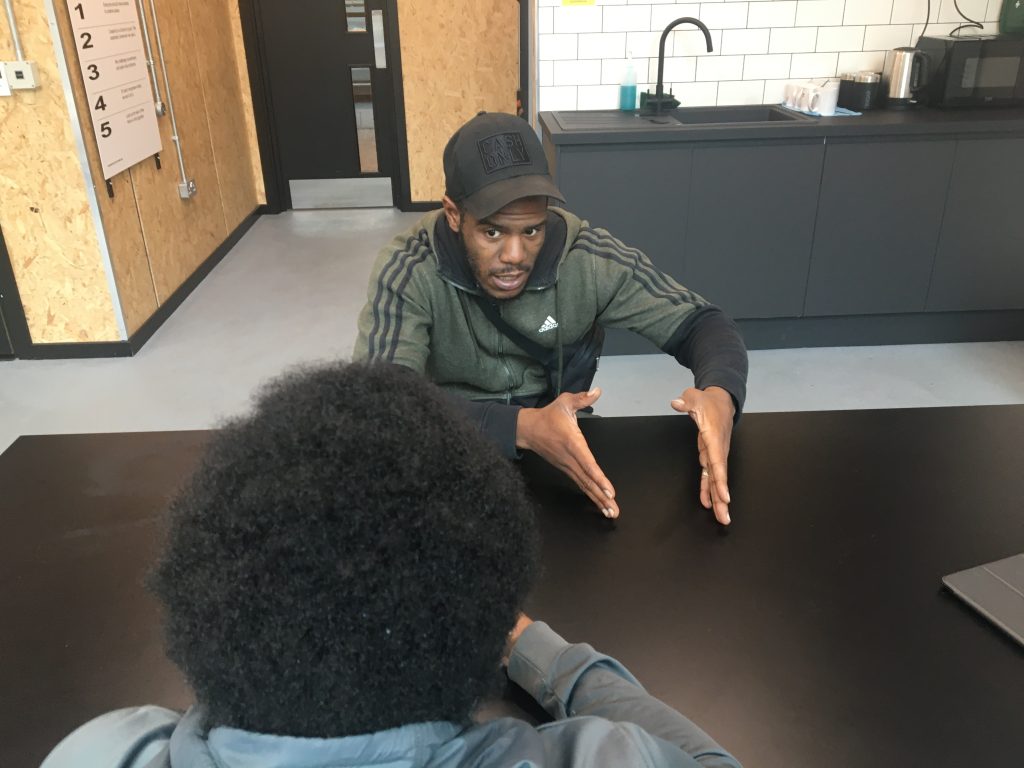The Power Of Mentoring
Hello!
In this short presentation, we will talk about some of the choices you make each day - choices that can either steer you toward success or lead you down the wrong path.
All of us face risk factors - like stress at home, peer pressure, dangers when out and about, or doubts in ourselves - that make it harder to make good choices. And those choices have a BIG impact. Bad choices, like skipping school or lashing out at others, make it way tougher to achieve your dreams.
That's why mentoring we like to talk about The Power of Mentoring! Trusting mentors provide protective factors to help you make wise choices. How? By sharing a range of tools, habits and skills many of life's ups and downs like; handling stress responsibly, being a friend so you avoid bad influences, and reminding you of the superpowers you don’t even know you have! Most importantly, they never give up believing in YOU.
Mentoring activities will give you a safe space to discover your talents, get encouragement when you mess up, and practice using your words not fists when you’re upset. With your mentor in your corner, you'll gain the self-confidence to stand up to peer pressure, resolve conflicts maturely, and ultimately pave a path to becoming your best self.
So if you ever feel lost, down or think you can’t succeed, come talk to me! I’ll help you remember the good in yourself and regain hope for the bright future ahead. Progress takes patience with ourselves and others. Through our time together, you’ll gain skills to make smart choices and sweet success!
Now, let’s brainstorm all the awesome goals you have for yourself this year. Dream big! With hard work and support, anything is possible...
I aimed for an inspirational yet realistic tone here, but please share any feedback on improving this presentation. What resonated or what areas need more detail? I'm happy to refine it so we convey the immense potential of youth mentoring.
Primary School Presentation: Click here to view
Secondary School Presentation: Contact us here
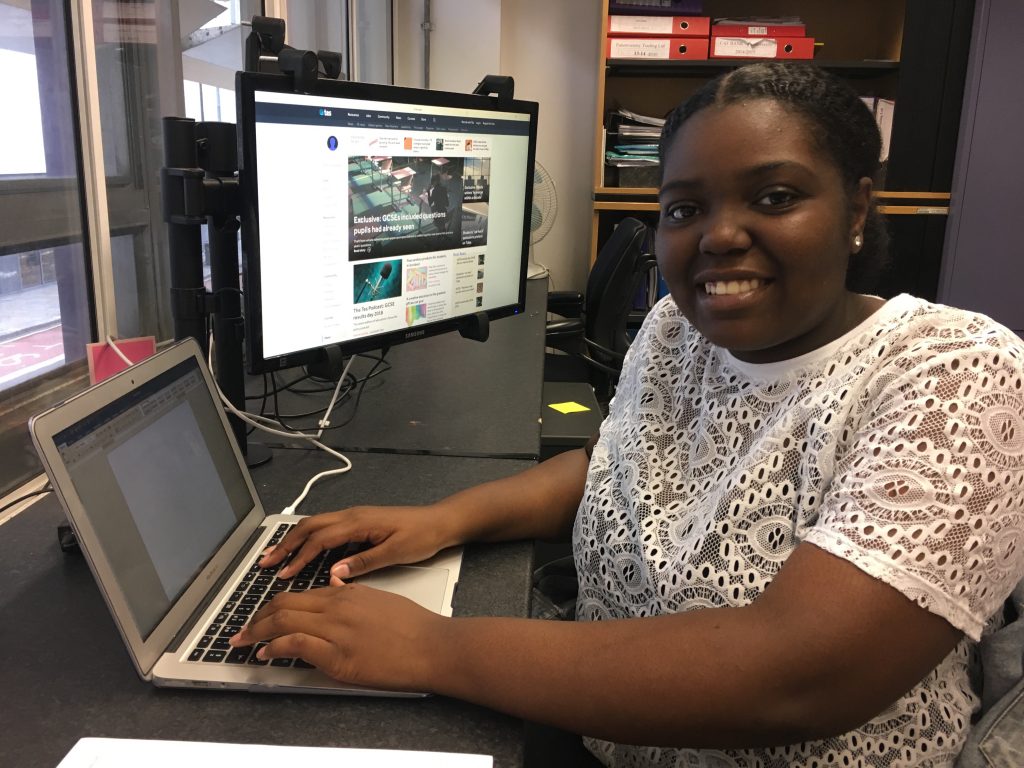


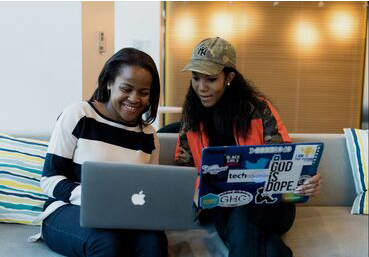
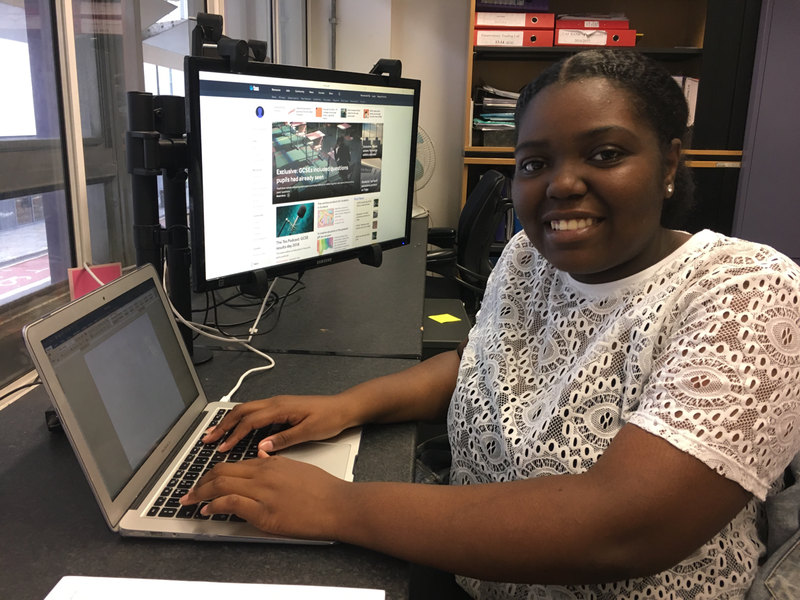

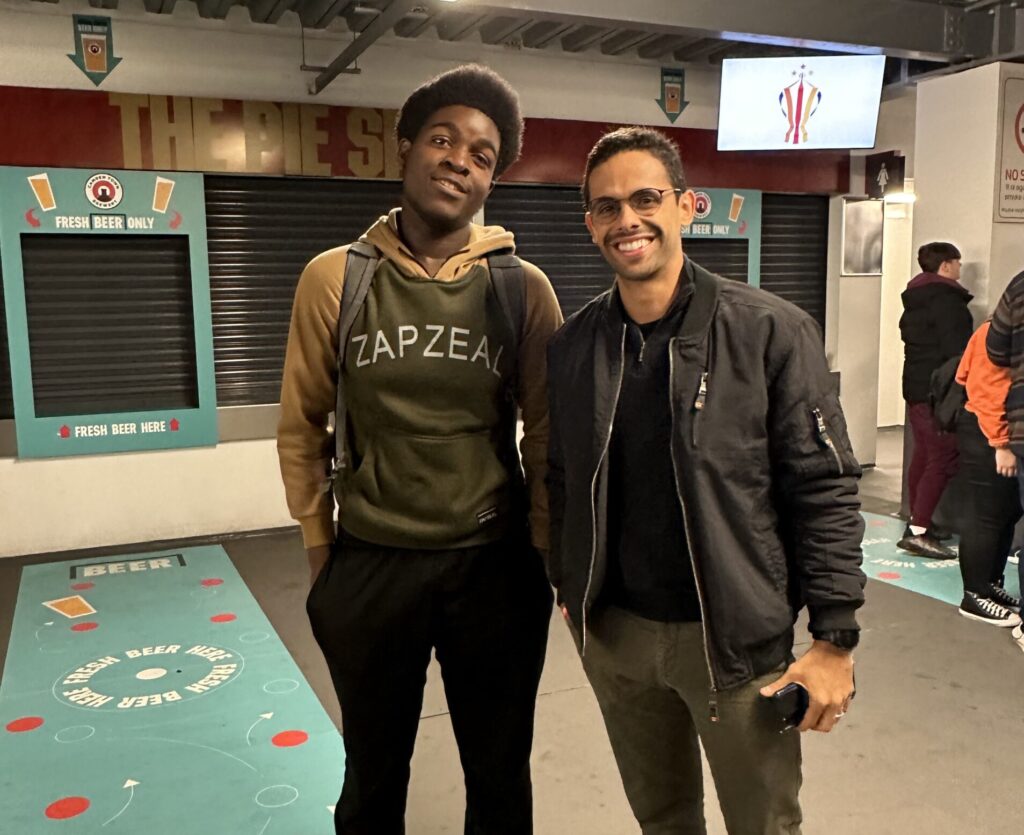

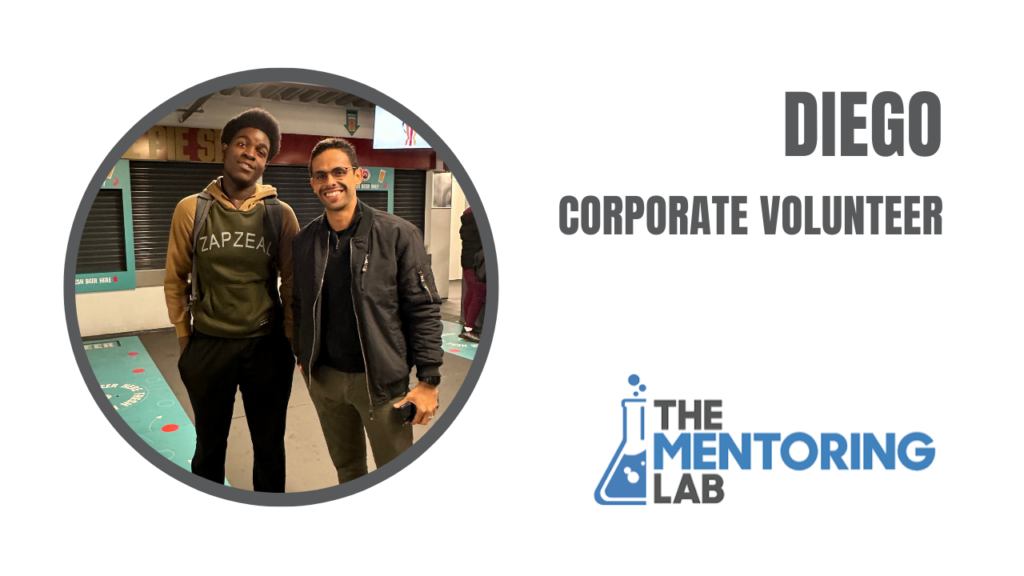
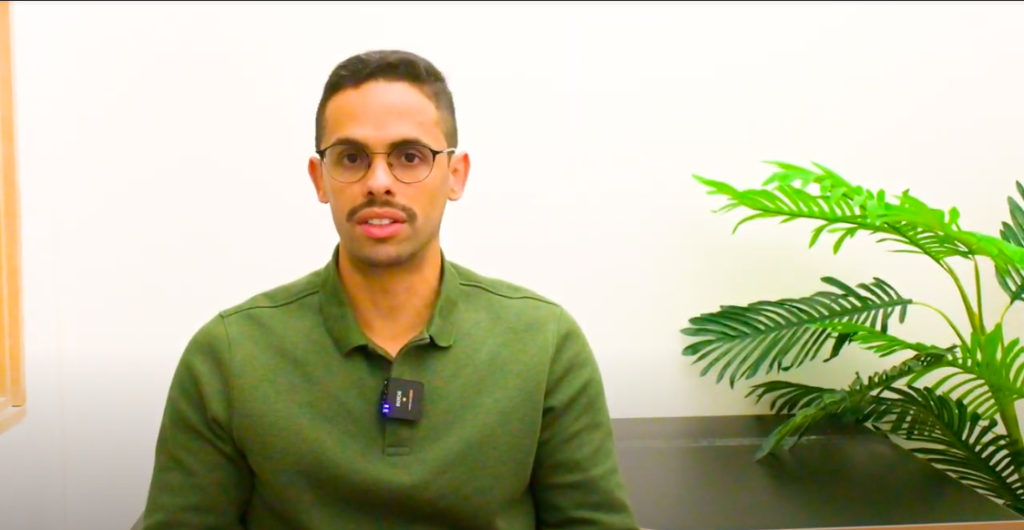

 As a leader, you understand the importance of creating a culture that encourages diversity and inclusion. But how do you ensure everyone has access to the same opportunities for growth and development? One way is the mentorship of young people furthest away from advantage and from Global Majority backgrounds.
As a leader, you understand the importance of creating a culture that encourages diversity and inclusion. But how do you ensure everyone has access to the same opportunities for growth and development? One way is the mentorship of young people furthest away from advantage and from Global Majority backgrounds.